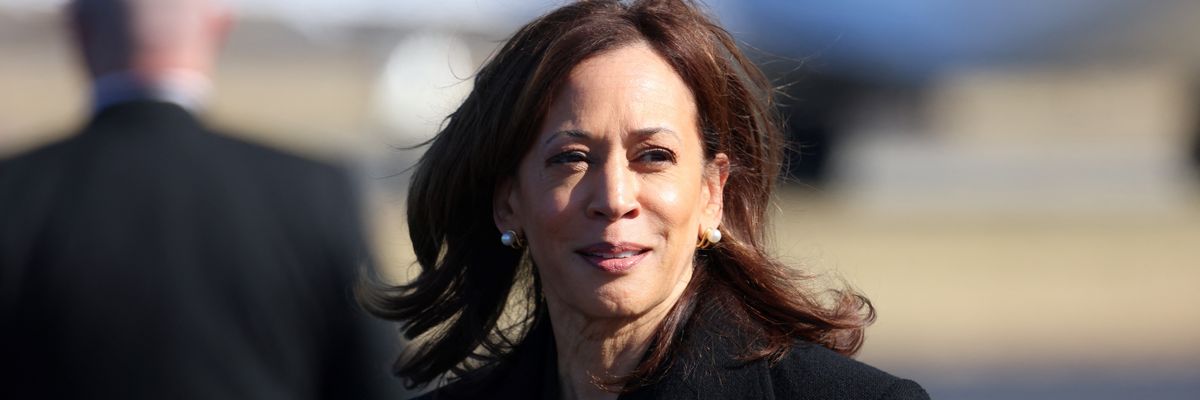Recipients of the prestigious Nobel Prize for economics said in a letter Thursday that Vice President Kamala Harris, the Democratic presidential nominee, has outlined an economic agenda that would be "more sustainable and more equitable" than the policies proposed by Republican contender Donald Trump.
Spearheaded by 2001 Nobel Prize winner Joseph Stiglitz, the letter was signed by 23 economists—more than half of the living U.S.-based recipients of the award.
The signatories, including Claudia Goldin, Simon Johnson, and Richard H. Thaler, wrote that what the two candidates have said, "combined with what they've done in the past, gives us a clear picture of alternative economic visions, policies, and practices."
Harris has been applauded since launching her campaign in July for unveiling numerous proposals aimed at easing economic burdens for working families. She has called for the first-ever federal ban on price gouging in food industries; an expansion of Medicare that would provide relief to 37 million people who currently provide unpaid eldercare to family members; an extension of Medicare's prescription drug price cap to all Americans; and an expansion of the child tax credit.
"Harris's economic agenda will improve our nation's health, investment, sustainability, resilience, employment opportunities, and fairness and be vastly superior to the counterproductive economic agenda of Donald Trump," wrote the economists.
The signatories particularly took issue with Trump's plan to impose high tariffs on goods and "regressive tax cuts for corporations and individuals."
His proposals "will lead to higher prices, larger deficits, and greater inequality," the economists wrote.
Trump's tariffs would raise consumer prices by $2,500 to $3,000 per year, according to EPI Action, the advocacy arm of the Economic Policy Institute.
"I do not know any economist who thinks Trump would be a good president, or who thinks he would be good for the economy," said Thaler on social media.
The former president has also said he would extend his 2017 tax cuts, the vast majority of which benefited wealthy corporations and individuals. The Institute on Taxation and Economic Policy said in analysis of his tax proposals earlier this month that the richest 4% of Americans would see significant tax cuts under a Trump administration, and all other groups would see a tax increase.
"Among the most important determinants of economic success are the rule of law and economic and political certainty, and Trump threatens all of these. By contrast, Harris has emphasized policies that strengthen the middle class, enhance competition, and promote entrepreneurship," wrote the economists. "On issue after issue, Harris's economic agenda will do far more than Donald Trump's to increase the economic strength and well-being of our nation and its people."

